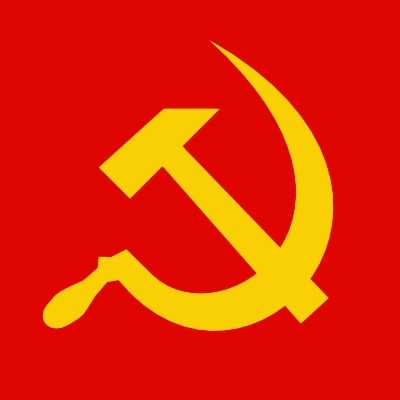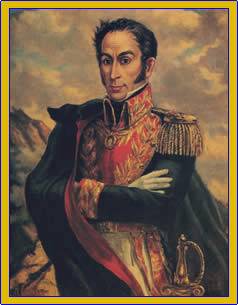According to definition Opium is "a bitter, yellowish-brown, strongly addictive narcotic drug" that is used to cause "dullness or inaction" and is able to soothe the mind and its emotions. The British took advantage of its effects and used it against the Chinese since they had Tea which was something they wanted from them but the Chinese just wouldn't budge when they asked to trade with them. The British began trading the Chinese Opium which soon got them addicted to the drug as its effect says. Soon this led to a major problem for the Chinese Government had ruled that the trading of Opium is illegal and there would be consequences if trading of opium had occurred. Though the ban on Opium was made Chinese citizens still continued on with it. They became so addicted to it that their money/economy deteriorated.
Once their financials became low they decided to end the trade and get rid of the Opium they had under their possession. The British on the other hand did not take this action very kindly for they had decided to rage into this and start a battle. Obviously the British had the upper hand due to technological advantages and a more stable economy than that of the Chinese. Chinese officials made a mistake in their part by actually having tax collectors heavily tax the people which was a bad idea for they had not expected the Brits to attack. Another reason for their loss is due to their low financial stability for they couldn't organize a military let alone one strong enough to take down that of the British. Also they would risk their own regular trade functions by going to war with the British. In the end of the war Great Britain signed a peace treaty with China because one; china didn’t want lose its pride and two; it was obvious of the outcomes of this war.











